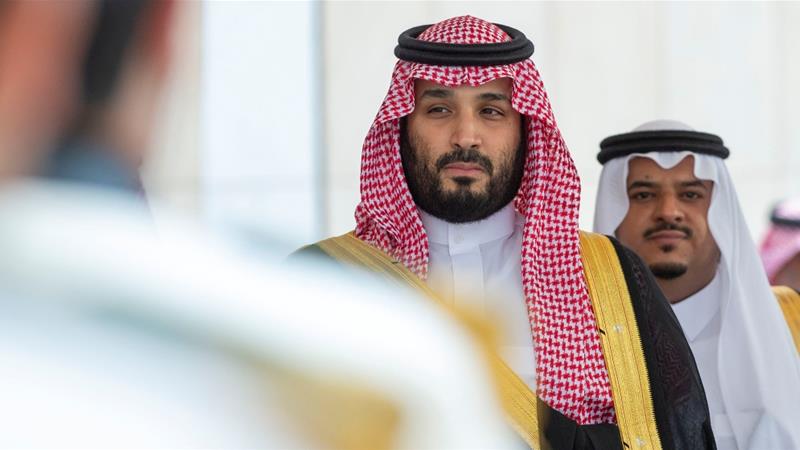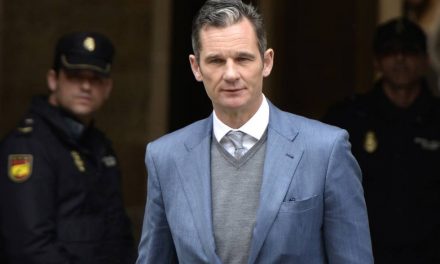18 March 2020
Human Rights Watch expressed concern over the arrest of 298 government employees on suspicion of corruption. It said that the authorities should reveal the legal and evidentiary basis for each person’s detention and allow each person detained to exercise their rights for due process. In a previous corruption crackdown in November 2017 dozens of prominent businessmen, royal family members, and current and former government officials were detained in Ritz Carlton Hotel in Riyadh. While in the detention detainees were pressured to hand over assets to the state in exchange for their release. Some of those detained in November 2017 remain in detention without charge, including Turki bin Abdullah, the son of the late King Abdullah and the former governor of Riyadh; Adel al-Fakih, a former minister; and Bakr Binladin, a construction king.
Human Rights Watch expressed concern over the arrest of 298 government employees on suspicion of corruption. It said that the authorities should reveal the legal and evidentiary basis for each person’s detention and allow each person detained to exercise their rights for due process. In a previous corruption crackdown in November 2017 dozens of prominent businessmen, royal family members, and current and former government officials were detained in Ritz Carlton Hotel in Riyadh. While in the detention detainees were pressured to hand over assets to the state in exchange for their release. Some of those detained in November 2017 remain in detention without charge, including Turki bin Abdullah, the son of the late King Abdullah and the former governor of Riyadh; Adel al-Fakih, a former minister; and Bakr Binladin, a construction king.
On March 15, 2020, Saudi Arabia’s government news agency reported the new arrests, saying that the Saudi state corruption watchdog had criminally investigated 674 state employees and ordered the detention of 298 for “financial and administrative corruption, consisting of bribery crimes, embezzlement and waste of public money, misuse of employment powers, and administrative misuse”. Among those detained are current and retired military officers, health officials, security officers under the Interior Ministry, and judges. The statement said that the acts of corruption amounted to $101 million.
In March 2018, the New York Times reported that Saudi authorities used physical abuse to force detainees to hand over assets, stating that at least 17 detainees had required hospitalization.
The anti-corruption committee was led by Crown Prince Mohammad bin Salman. On January 31, 2018 the anti-corruption committee released a statement saying that those not indicted on corruption charges had been released, while 87 had agreed to settlements and 56 had been refused settlements and remained in custody “to continue the investigations process.” The statement said that the authorities had referred 8 others to the public prosecutor after they refused to settle. The statement added that “more than US$107 billion was retrieved to the state treasury in the form of real estate companies, cash, and other assets.”
The authorities never revealed where the US$107 billion that was retrieved had gone. They would of course say the funds went into the government treasury. But there does not seem to a clear-cut division between the treasury funds and the ruling royals’ personal funds.














